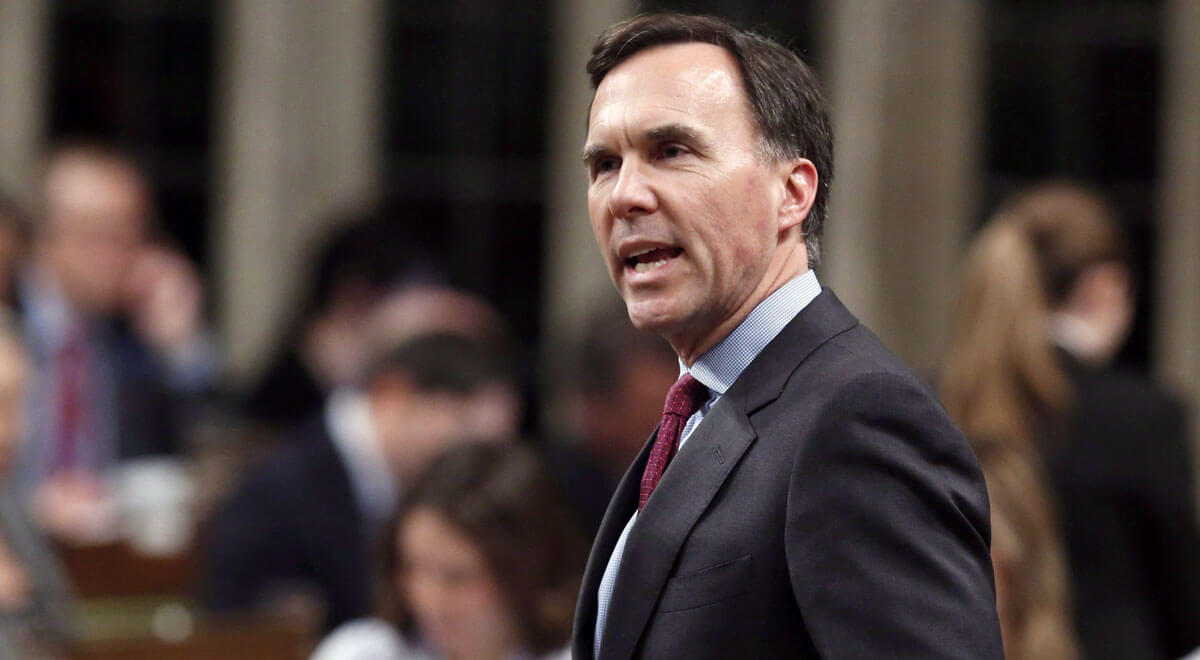Advisory council calls for higher retirement age
They also recommend exploring national child-care program
Advertisement
They also recommend exploring national child-care program

Share this article Share on Facebook Share on Twitter Share on Linkedin Share on Reddit Share on Email